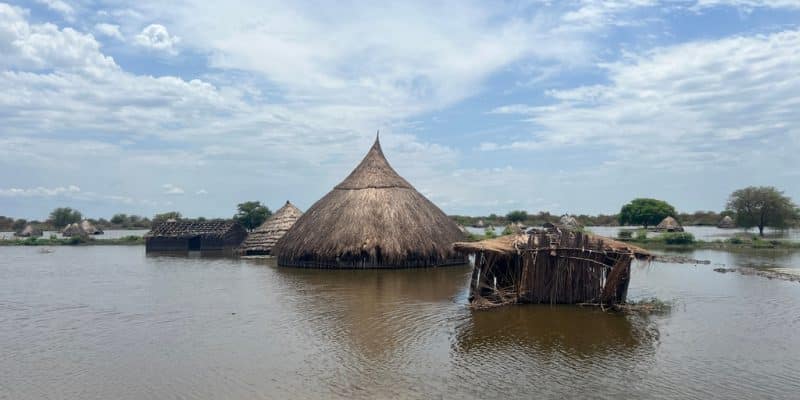Climate finance increased worldwide in 2022, particularly in low- and middle-income economies. This is according to a new report, which also shows that the multilateral development banks (MDBs) mobilised $60.7 billion in climate finance for developing countries.
The recently published report is the result of a compilation of data from several multilateral development banks (MDBs), including the African Development Bank (AfDB), the European Bank for Reconstruction and Development (EBRD), the European Investment Bank (EIB) and the Inter-American Development Bank (IDB). According to the report, these banks granted $60.7 million in climate finance to low- and middle-income economies, up 46% on 2019 volumes.
Globally, this financing reached nearly $100 billion, compared with $82 billion in 2021. Sub-Saharan African countries received $16.3 billion of this funding. But developing countries in Europe came out ahead with more than $36 billion. According to the report, of the $60.7 billion released for low-income economies in 2022, $38 billion (63%) was allocated to climate change mitigation.
Only 37% of funding for climate change adaptation
Funding has been allocated in particular to the development of transport that emits less CO2, agriculture, agroforestry and energy. At the same time, $22.7 billion has been earmarked for adaptation to climate change, including water and sanitation systems, manufacturing and coastal infrastructure for countries most exposed to flooding and rising sea levels.
Read also- Losses and damage: the West’s position threatens the progress made at COP27
“External climate funds, notably the Climate Investment Fund (CIF), the Global Environment Facility (GEF) and the Green Climate Fund (GCF), remain the main source of co-financing,” says the AfDB’s Director for Climate Change and Green Growth. For Anthony Nyong, the private sector must increase its contribution to global climate finance. “The African Development Bank is committed to bringing together national and international partners to reduce the risks associated with private capital and to unlock the trillions of dollars needed to finance the fight against climate change in Africa”, he adds.
In 2022, the private sector will have mobilised 69 billion dollars, compared with 41 billion dollars in 2021. For its part, the AfDB has increased its climate financing from $2.1 billion in 2020 to $2.4 billion in 2021, and $3.6 billion in 2022. The pan-African bank’s allocation is almost entirely channelled to low- and middle-income economies. These commitments fall far short of Africa’s needs in terms of climate financing. According to the climate data that the 55 African countries have provided to the United Nations (UN), the continent will need 2,800 billion dollars between now and 2030.
Jean Marie Takoulmeu







